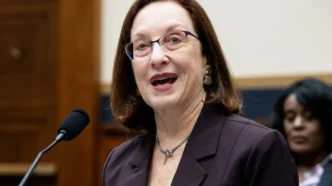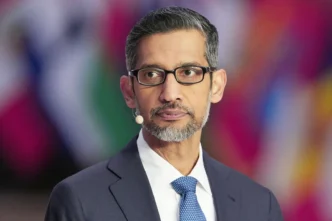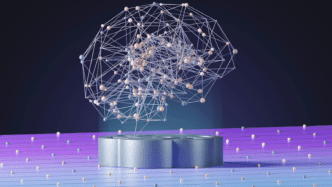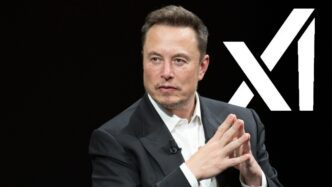In a move drawing widespread condemnation, President Donald Trump has fired Shira Perlmutter, head of the U.S. Copyright Office, in what critics are calling a politically charged and legally questionable decision. The Shira Perlmutter Copyright Office firing appears tied to her refusal to align with efforts to expand fair use protections for AI companies, including those backed by Trump ally Elon Musk.
First reported by CBS News and Politico, the firing was later referenced in a statement by Representative Joe Morelle, the top Democrat on the Committee for House Administration. “Donald Trump’s termination of Register of Copyrights, Shira Perlmutter, is a brazen, unprecedented power grab with no legal basis,” Morelle said. “It is surely no coincidence he acted less than a day after she refused to rubber-stamp Elon Musk’s efforts to mine troves of copyrighted works to train AI models.”
Perlmutter was appointed in 2020 during Trump’s first term, selected by Librarian of Congress Carla Hayden, who was also reportedly dismissed this week. The timing has raised questions about whether these firings were motivated by disagreements over AI copyright policy, particularly as AI companies face mounting legal scrutiny over how they source training data.
Trump acknowledged the news indirectly by sharing a post on Truth Social that linked to the CBS article, originally shared by attorney Mike Davis. Ironically, Davis criticized the move, writing: “Now tech bros are going to attempt to steal creators’ copyrights for AI profits.”
Copyright Office Pushes Back on AI Fair Use
Perlmutter’s firing follows the pre-release of Part Three of a major U.S. Copyright Office report focused on AI and copyright law. In the report, the Office stops short of recommending new legislation but draws a firm line around commercial misuse of copyrighted content.
“Making commercial use of vast troves of copyrighted works to produce expressive content that competes with them in existing markets… goes beyond established fair use boundaries,” the report states.
It further suggests that government intervention is premature, but notes that licensing systems—where AI developers pay copyright holders—should be encouraged. Alternative models like extended collective licensing were also floated to resolve emerging market failures.
The Musk-AI Connection
The political tension surrounding the Shira Perlmutter Copyright Office firing is amplified by the involvement of Elon Musk, a vocal Trump supporter and founder of AI firms OpenAI and xAI. Musk recently backed a post from Square founder Jack Dorsey calling to “delete all IP law,” further fueling concerns that Musk-aligned companies may push to weaken protections for content creators in the name of AI progress.
OpenAI, while no longer directly affiliated with Musk, is facing multiple copyright infringement lawsuits from creators and media companies. It has also publicly lobbied for fair use protections to be expanded in favor of AI model training.
Legal experts and lawmakers have called the move unprecedented. Normally, the Register of Copyrights serves under the Librarian of Congress, not directly under the President. Firing Perlmutter—along with the Librarian who appointed her—has raised constitutional questions about executive overreach and the independence of cultural and legal institutions.
“This is not just about copyright,” Morelle warned. “It’s about whether we let political figures rewrite the rules of intellectual property to serve corporate allies.”
No official reason for Perlmutter’s dismissal has been issued by the White House.
As generative AI continues to challenge copyright frameworks, Perlmutter’s ousting could represent a broader shift in how the U.S. government responds to pressure from powerful tech players. The Copyright Office’s nuanced stance—encouraging licensing rather than litigation—may have clashed with the more radical, deregulation-minded strategies of AI boosters.
With lawsuits pending and Congress under pressure to establish AI copyright rules, the debate over fair use, creator rights, and platform power is heating up. The sudden removal of a key figure in that debate may accelerate what’s already shaping up to be a landmark year for intellectual property law in the AI era.













